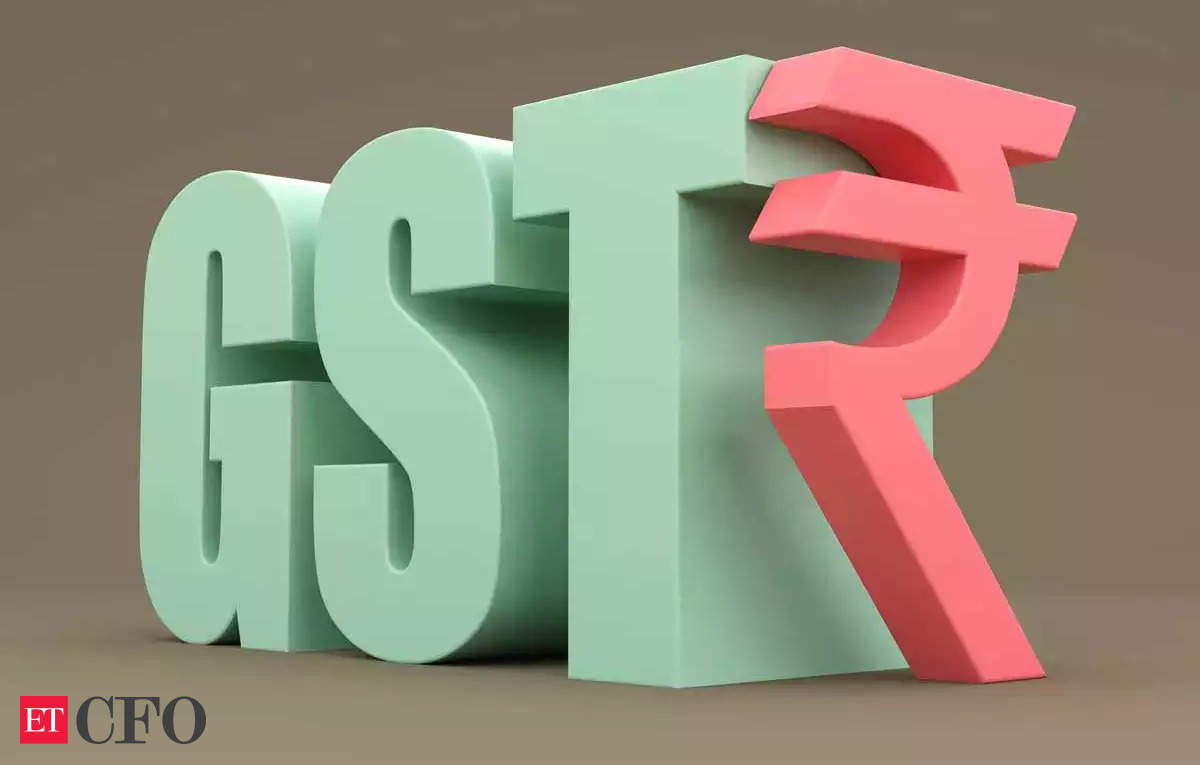Investors whose KYC status is on hold cannot do any MF transaction. They need to re-do their KYC
Mutual fund accounts of many investors have been flagged recently because their Know Your Customer (KYC) has not been updated in accordance with the new rules that came into force on April 1.
Market regulator, the Securities and Exchange Board of India (Sebi), has revised its list of officially valid documents (OVD). Bank statements and bills used to be acceptable for mutual fund (MF) KYC, but not anymore. Non-compliance with KYC norms is leading to investors’ accounts being frozen.
“KYC is an ever-evolving landscape. Whenever regulators see a systemic risk, they try to plug it with new regulations. Regulated entities and investors must comply with the letter and spirit of the guidelines,” says Experts
Check your status:
An investor’s KYC status could be one of the following:
KYC validated: “This means that the KYC has been done using Aadhaar. The mobile number and email have also been validated,” says Experts
KYC registered: KYC has been done but using documents other than Aadhaar.
KYC on hold: “This means you can’t do any MF transaction because your PAN-Aadhaar seeding wasn’t done or your email or phone number is incorrect,” says Experts
The implication:
If your KYC status is ‘validated’, you can carry on with your investments.
If it’s ‘KYC-registered’, you may continue with existing investments. But to invest with a new fund house, you need to re-do your KYC.
“If you don’t want to give Aadhaar, you will have to do KYC with all the individual asset management companies (AMCs) by giving the remaining valid documents. There are 44 AMCs. If you have done KYC with Fund House A and now want to invest with Fund House B or C, you will have to do the KYC process with each one of them,” says Experts
Investors whose KYC status is on hold cannot do any MF transaction. They need to re-do their KYC.
Save yourself the headache: Do Aadhaar-based KYC so that you have to do KYC once and can then invest across all MFs.
Overseas trouble
Non-resident Indian (NRI) investors, too, are facing KYC-related issues. It is not mandatory for NRIs to have an Aadhaar. But without Aadhaar their KYC status remains “registered’’ forever. Each time they wish to invest with a new fund house, they must re-do their KYC.
NRIs who have Aadhaar may use an Indian phone number for verification (they can’t get OTP from here on their overseas mobile numbers).
“Many NRIs face issues as KRAs are unable to validate their mobile numbers because they have changed or are inactive. This puts their KYC on hold, stopping new investments or fund redemption. For NRIs to get Aadhaar, they will have to come to India,” says Experts
The lack of a streamlined process is hitting NRIs hard. “NRI investors who need to update their KYC details or revise their phone numbers must resort to traditional methods, like sending physical documents via courier. They can’t complete these tasks online,” says Experts
What should you do?
Investors can validate their KYC both online and offline.
“While online validation works for many, some like senior citizens may not find it easy. Such investors may do it offline by submitting the forms and documents at the offices of AMCs or registrar and transfer agents (RTAs),” says experts
At present, KRAs are also under pressure as a large number of investors have been getting their KYCs validated since April 1. Take all the necessary precautions to smoothen the process at your end.
“Have your Aadhaar number and registered mobile number handy when you start the process. Keep scanned copies ready in the required format and size. Give proper permissions to the camera,” says experts
Aadhaar-based KYC allows you to invest across all fund houses and can be done online. “Aadhaar can be used via DigiLocker, e-Aadhaar, m-Aadhaar, or even physical Aadhaar, with the numbers masked,” says experts
Visit www.cagurujiclasses.com for practical courses











